Couples therapy can often feel like a daunting experience, especially for men who may be hesitant to seek help or express their emotions. However, engaging in therapy can be a transformative step towards improving your relationship and enhancing your emotional well-being. This guide aims to provide practical strategies for men to thrive in couples therapy, enabling you to approach the process with confidence and an open mind.
Understanding Couples Therapy
Couples therapy is a collaborative process designed to help partners navigate conflicts, improve communication, and deepen their emotional connection. It’s important to recognize that seeking therapy is a sign of strength, not weakness. Acknowledging the need for help demonstrates a commitment to the relationship and a willingness to grow.
1. Be Open to the Process
Entering couples therapy with an open mind is crucial for success. Approach each session with a willingness to share your thoughts and feelings, even if they feel uncomfortable. Understand that therapy is a safe space for both partners to express themselves without judgment. By being open, you can facilitate honest communication and help your partner feel more at ease.
2. Communicate Honestly
Effective communication is at the heart of successful therapy. Practice expressing your thoughts and feelings clearly and honestly. Use “I” statements to articulate your experiences (e.g., “I feel frustrated when…”), which can reduce defensiveness and promote understanding. Active listening is equally important—ensure you’re fully present when your partner speaks, validating their feelings and perspective.
3. Focus on Solutions, Not Problems
While it’s essential to address issues in your relationship, try to maintain a solution-oriented mindset. Instead of dwelling on the past or assigning blame, work collaboratively with your partner and therapist to identify constructive solutions. This proactive approach fosters a sense of teamwork and helps build a stronger foundation for your relationship.
4. Embrace Vulnerability
Many men struggle with vulnerability, viewing it as a sign of weakness. However, embracing vulnerability is vital in therapy. Sharing your fears, insecurities, and emotions can deepen your connection with your partner and foster intimacy. Remember that vulnerability is a strength that encourages authenticity and trust.
5. Set Goals Together
Establishing clear goals for therapy can provide direction and purpose. Discuss with your partner what you hope to achieve through the process. Whether it’s improving communication, resolving specific conflicts, or rebuilding trust, having shared goals can motivate both partners and give your sessions focus.
6. Practice Patience and Commitment
Change takes time, and couples therapy is no exception. Be patient with yourself and your partner as you navigate this journey together. Commit to the process, attending sessions regularly and engaging in homework assignments or exercises suggested by your therapist. Your dedication to the process will yield positive results in the long run.
7. Seek Individual Support if Needed
Sometimes, personal issues may impact your relationship. Don’t hesitate to seek individual therapy alongside couples therapy. Working on personal growth can enhance your self-awareness and help you contribute positively to the relationship.


